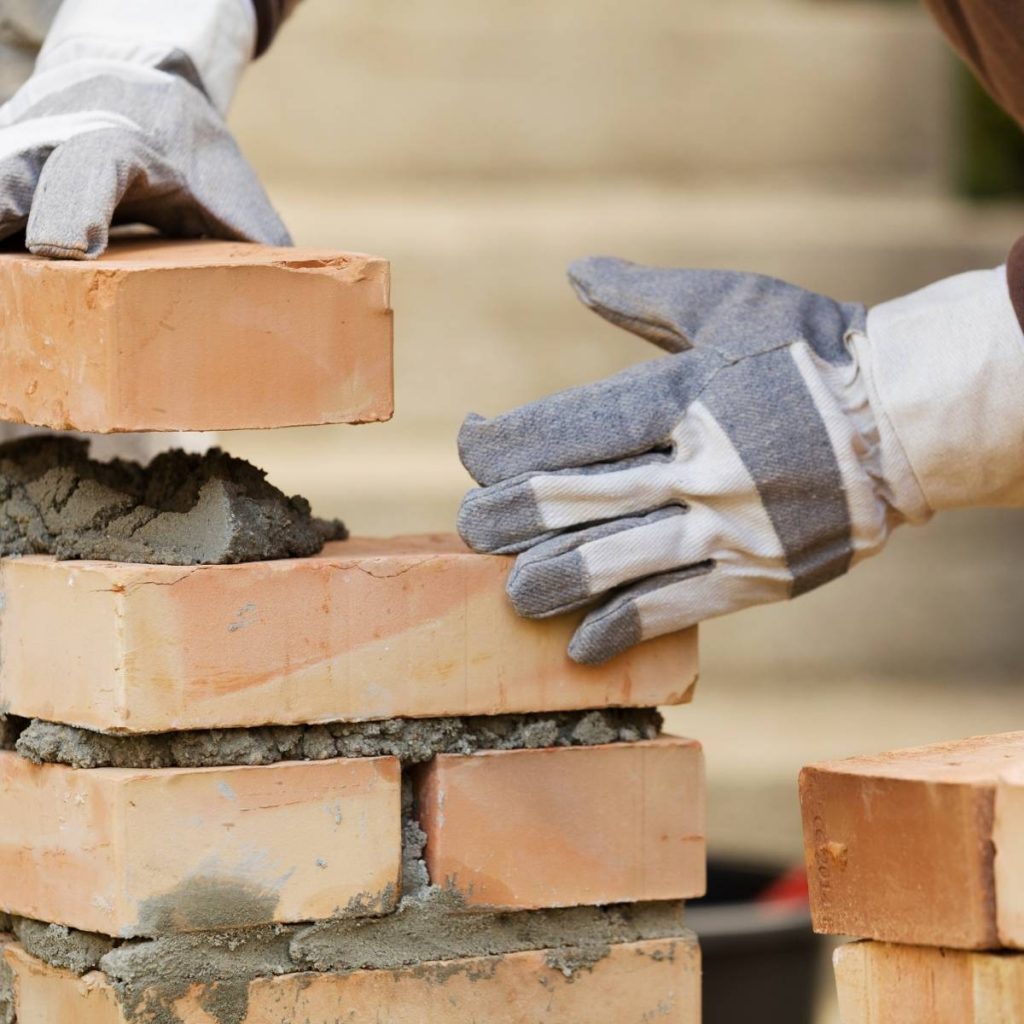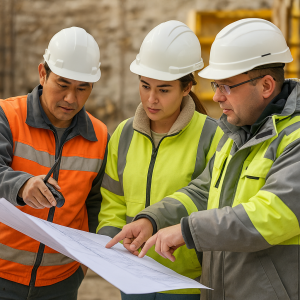Many firms questioned said a lack of skilled workers, especially bricklayers and carpenters, will limit new activity.
The outlook for profits improved slightly for a second successive quarter in the three months to June following nine consecutive quarters of negative expectations, said RICS.
The tone to much of the feedback is pretty upbeat
Chief economist Simon Rubinsohn said: “The tone to much of the feedback is pretty upbeat with new business inquiries picking up smartly and this being reflected in the expectation that workloads will continue to grow strongly over the next year.
“Infrastructure and private housebuilding are viewed as likely to remain the most buoyant areas of the industry.
“Yet it is abundantly clear that a couple of issues present big challenges. Most notably at this point, the availability of building materials stands out as a key problem.
“Almost as significantly, labour and skills are increasingly being cited as obstacles for businesses looking to build out existing commitments or embark on new projects.
“For the time being, the issue appears most visible regarding skilled trades but quantity surveyors are also being highlighted as an area of growing shortage.
“Unsurprisingly against this backdrop, some concern is being expressed about rising construction costs.”
Concern is being expressed about rising construction costs.
A Government spokesman said: “Right across the country we’re supporting employers to fill vacancies in a range of industries including construction by highlighting opportunities available through our nationwide network of Jobcentres and Job Help site.
“Whether it’s on our sector-based Work Academy Programme, Kickstart Scheme or our expanded apprenticeship and traineeship offers, we’re helping jobseekers build the skills and experience needed to take up these opportunities.”




